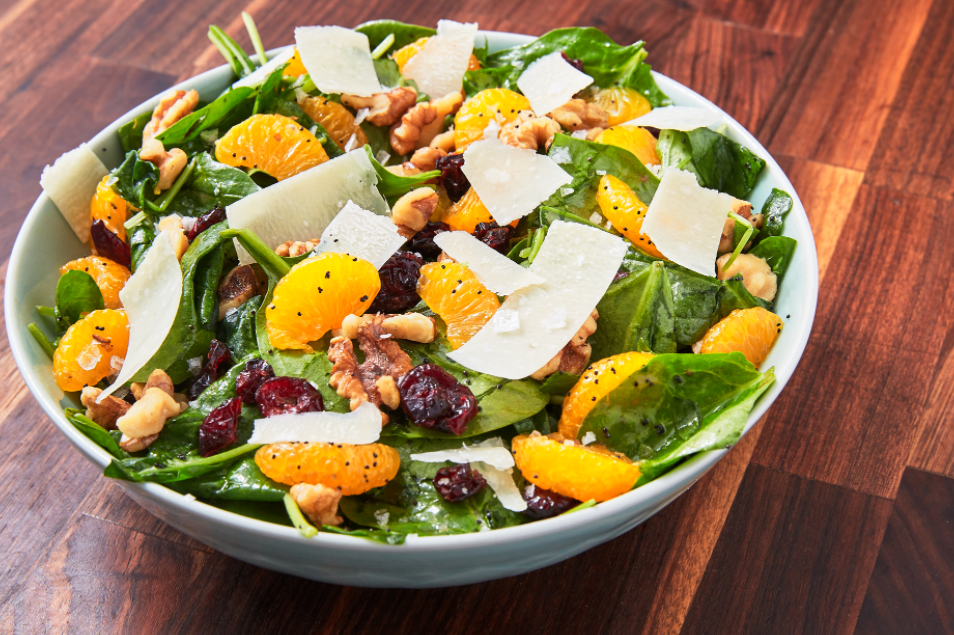Even the term “salad” itself is related to nutrition, so we often add various ingredients to it without paying attention to portions, calories and nutrients. The ideal salad should be healthy and contain approximately 4-5 supplements that provide different nutrients and flavors. But to make the perfect mix, you don’t have to be a nutritionist-avoid these supplements:
Fried and fried additives
Crispy and fried onions or truffle chips can turn your salad into unhealthy food, sadly. The fried items will give a crunchy flavor to your salad, but it will also give you a large amount of calories and processed carbs.
Bacon
Bacon is not only rich in fat (only two slices contain about 7 grams of fat and about 100 calories), but processed meat is associated with colon cancer more often than not. Replace the bacon with chicken if you want to make a rich salad.
Cheesecake
This consists mainly of fat and contains much more calories than people think. But be mindful about the amount you add to your salad if you can’t do without it. It should not be more than a thin slit.
Dried fruit
Dried fruit can be found in the salads you buy, probably sweetened with extra sugar, and your chances are high in your salad. Also, during dehydration, the fruit loses its volume and some of its water, leaving you with a smaller amount than any other fresh fruit added to the salad.
Creamy salad dressings
Thick, creamy salad dressings usually contain a serious amount of calories, sugar, artificial additives, saturated fat and sodium. If your salad contains many more calorie-rich ingredients (eg cheese and nuts), skip the dressings and add a little lemon juice. Vitamin C will help your body absorb iron from vegetables, and if the lemon flavor does not fit into your salad you can add some olive oil which is a great source of Vitamin E and healthy fats.




